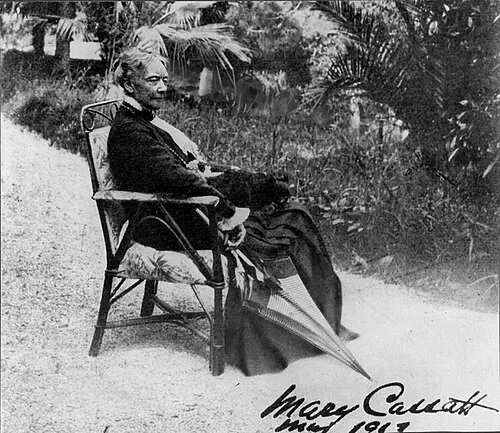
Birth: Friedrich Pollock was born in 1894.
Nationality: He was German.
Profession: Pollock was a sociologist and philosopher.
Death: He passed away in 1970.
Friedrich Pollock: Pioneering Sociologist and Philosopher
Friedrich Pollock was born on December 22, 1894, in Frankfurt, Germany, and he passed away on October 16, 1970, in New York City, USA. A prominent German sociologist and philosopher, Pollock played a significant role in the development of critical theory and the Frankfurt School, which has left an indelible mark on social sciences.
Early Life and Education
Pollock came from a well-off Jewish family that encouraged intellectual discourse. He pursued his studies at the University of Frankfurt, where he received his doctorate in 1919. His early academic endeavors were influenced significantly by the political unrest in post-World War I Germany, which shaped his perspectives on capitalism, society, and social change.
Contributions to Sociology and Philosophy
Pollock's most notable contributions lie within the realms of sociology and economic theory. After completing his studies, he became one of the founding members of the Frankfurt School, an influential group of thinkers who critiqued societal norms and capitalist structures. Alongside luminaries like Theodor Adorno and Max Horkheimer, Pollock examined the political and economic conditions that contributed to totalitarian regimes.
He introduced the concept of ‘actual capitalism’ as a framework for assessing how capitalist structures adapt and evolve. His works focused on the relationship between state authority and economic systems, addressing pressing issues that would later influence critical social theory. Pollock’s approach combined a rigorous academic background with an astute understanding of the societal psyche, making him a unique voice in social thought.
Exile and Later Years
With the rise of Nazism in Germany during the 1930s, Pollock, being of Jewish descent, faced persecution and ultimately fled to the United States in 1934. His experiences as an exile added new dimensions to his work, allowing him to analyze the impact of totalitarianism from a distance. In America, Pollock continued to publish and taught at various institutions, emphasizing a multidisciplinary approach to social sciences.
His major works include ‘The Crisis of Economic Theory’ and ‘On the Structure of Capitalism’, which delve into the theoretical underpinnings of economic systems and their societal effects. These writings remain significant for scholars focusing on sociology, philosophy, and political economy today.
Legacy
Friedrich Pollock's legacy endures through the continued relevance of his theories and critiques of capitalism and society. His contributions to critical theory have inspired generations of scholars, activists, and thinkers around the globe. The Frankfurt School's legacy, rooted in Pollock's ideas, remains influential in discussions about social justice, democracy, and human rights.
Overall, Friedrich Pollock was not only a pivotal figure in the development of critical theory but also a philosopher who passionately advocated for a more equitable society. His work encourages us to continually question and analyze the structures of power and economics that shape our world today.








